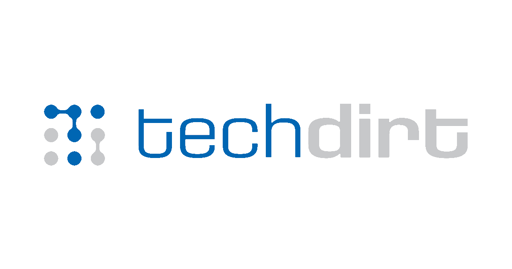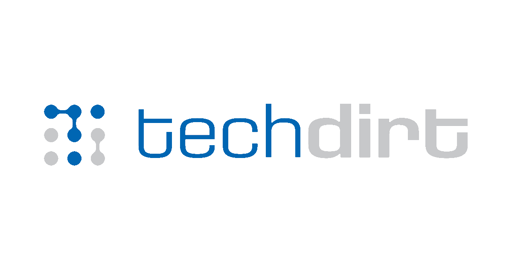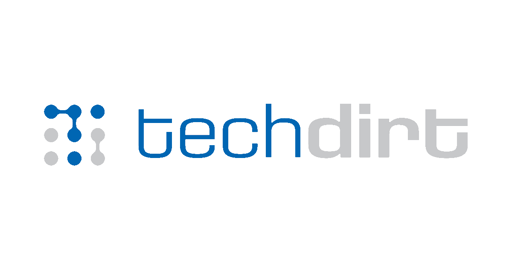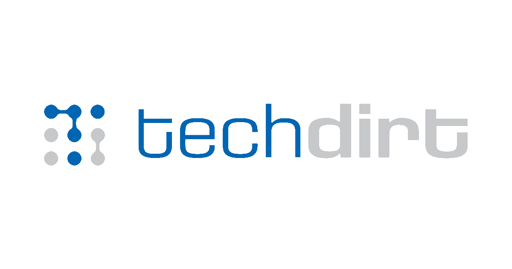- 5 Posts
- 8 Comments
I participated in a discussion similar to this recently here on the German-language community: https://discuss.tchncs.de/post/28281369/15510510
Topics that were raised there by various people, some by me (read the full discussion if you can read German):
- an “algorithm” is really just a way of manipulating data, it’s meaningless to say you are banning “algorithms” because all software is based on “algorithms”, even reverse-chronological sorting of things you’re subscribed to is an algorithm
- algorithms are mainly intended to keep people on the platform for as long as possible (but I raised the issue that I actually found old web forums more engaging than today’s Facebook)
- how do you define “an algorithm” legally? I suggested a definition based on transparency and objectivity, others raised the issue that this would mean that misinformation could be easily manipulated to be shown at the top, and that if you require “transparency”, the platforms will just disclose how their algorithms work instead of abolishing them
One important aspect that nobody raised in that discussion is that moderation is different from censorship.

 0·4 days ago
0·4 days agoDo you know a way to see the ActivityPub JSON for fediverse objects?

 11·5 days ago
11·5 days agoHere’s the thing: without this thread, I might never have become aware of this user or their activities. Are you sure that what you’re doing isn’t counterproductive and giving them more undeserved attention?

 01·7 days ago
01·7 days agoModeration = not showing things to people who do not want to see these things. If you are an LGBT person and do not want to ever see people calling you and people like you mentally ill, then hiding those things from you is moderation, completely legitimate, an important part of making the platform a more welcoming place. I don’t usually want to see people doing that either in my feed (and in fact I don’t, because I follow entirely different things on Facebook).
Censorship = not showing things to people even though they want to see these things. If a group of people who believe that LGBT people are mentally ill are talking to each other about these beliefs, then preventing them from doing so is censorship, it doesn’t make the platform a more welcoming place because the people it would make feel unwelcome weren’t seeing it anyway.
That is what I (and the linked blog post) am trying to say. You may still think censorship is in some cases a good thing, but I think it’s important to make the distinction.

 01·7 days ago
01·7 days agoI wasn’t actually expressing a substantive opinion on whether this policy change of Meta’s is a good thing or bad thing. The rules there are as arbitrary as anywhere else on the Internet; this slight shift does not make much of a difference.
But moderation is different from censorship: if you (or I or anyone else) do not want to read people writing about LGBT people being mentally ill, or calling me an idiot (and I certainly don’t, most of the time), or literally making any statement at all in the world, then none of us should have to. That doesn’t mean people who want to say these things to each other (necessarily) need to be prevented from saying them to each other; there are arguments for that too, but it’s a different issue.

 01·7 days ago
01·7 days agoThat doesn’t contradict what I’m saying (“default behavior”), and also moderation is different from censorship.

 01·7 days ago
01·7 days agoSeriously, this is how the media is spinning this? “Facebook now allows people to post that LGBT people are mentally ill”?
The default behavior of any social media platform is to allow people to say anything they want. That’s what social media is for, to allow people to talk to each other. The things it doesn’t allow are, and ought to be, exceptions. Facebook has now decided that one of these exceptions will be slightly loosened. I somehow fail to see the big deal in this.







If the links in the article are accurate, this doesn’t seem to be a “law”, but this thing: https://digital-strategy.ec.europa.eu/en/policies/code-practice-disinformation
Anyone know more about it than I could quickly find? Is this in any way legally enforceable?
Obviously, I believe that governments have no legitimate business whatsoever telling us on the Internet what we can talk about, say to each other, etc.; but I would still like to know more about this particular attempt by the EU to do so anyway, so would appreciate more information.